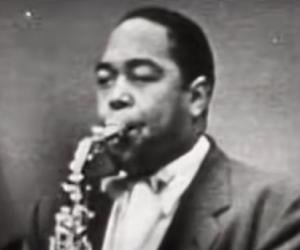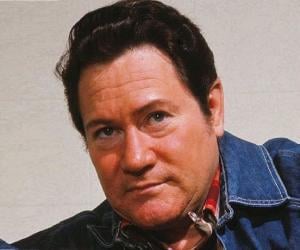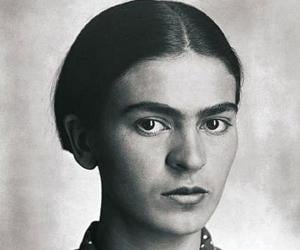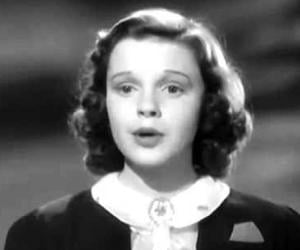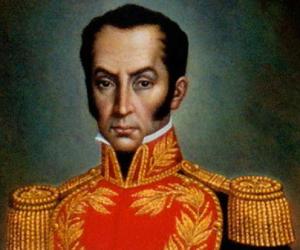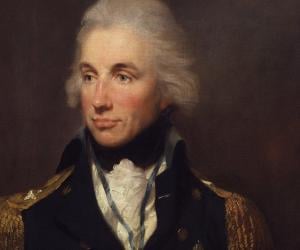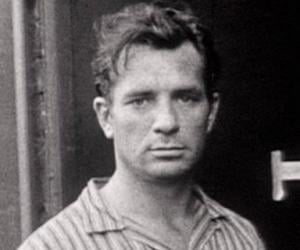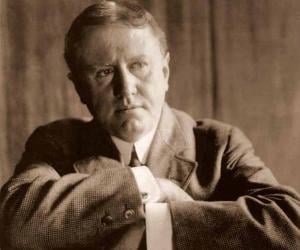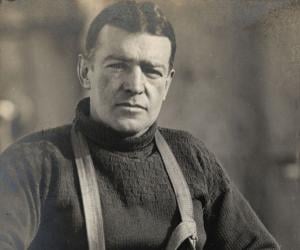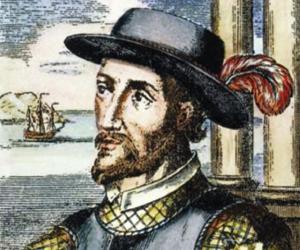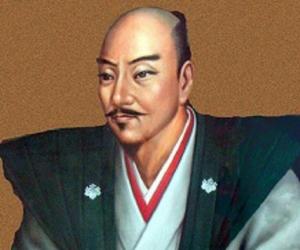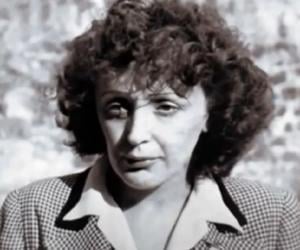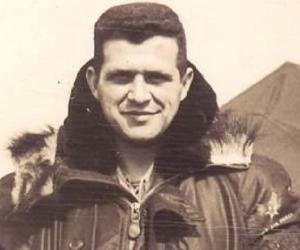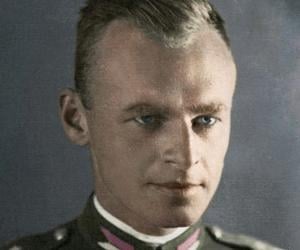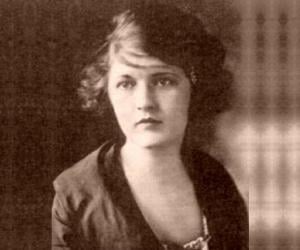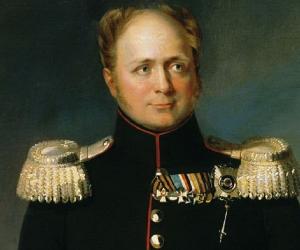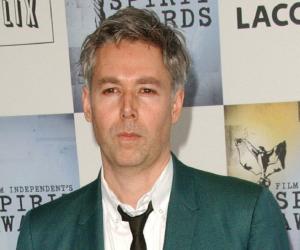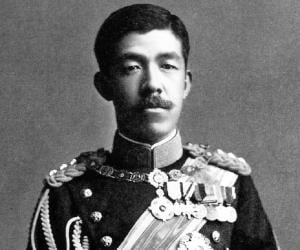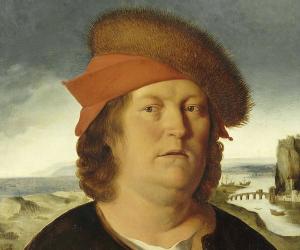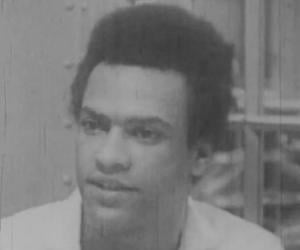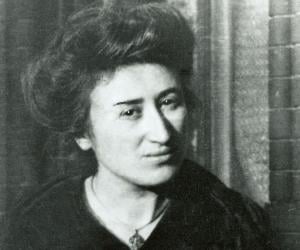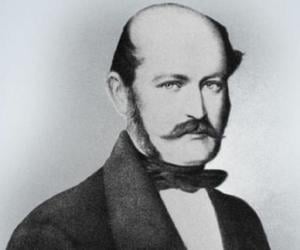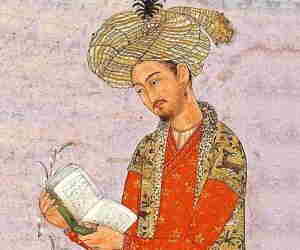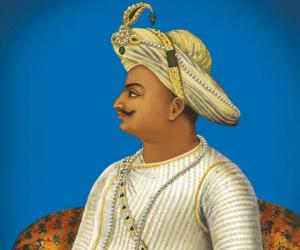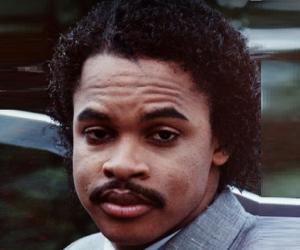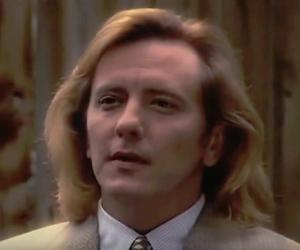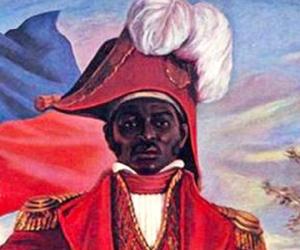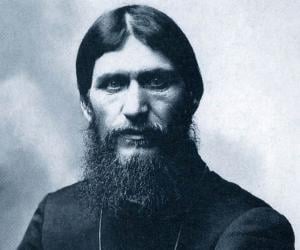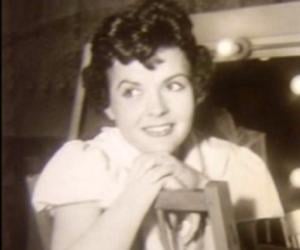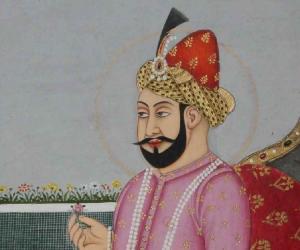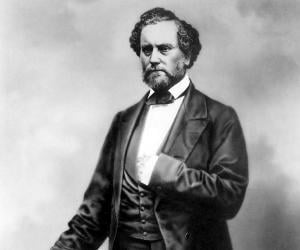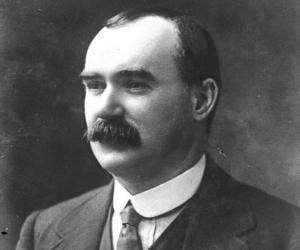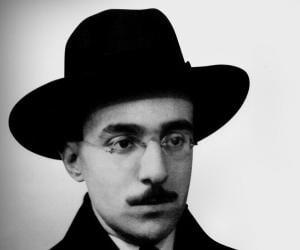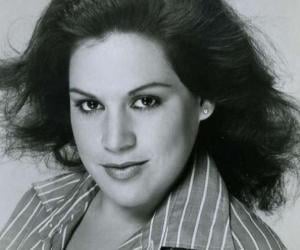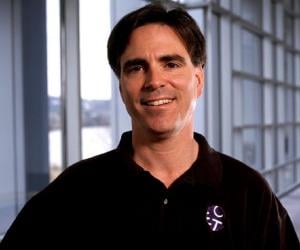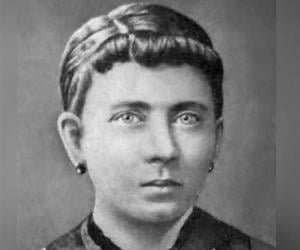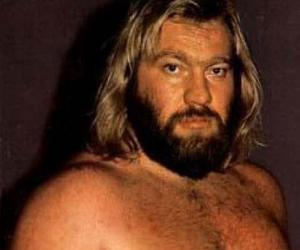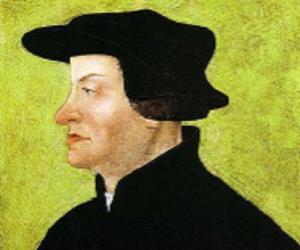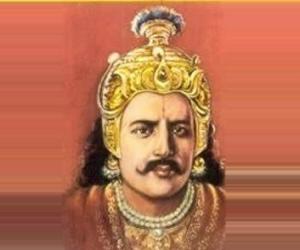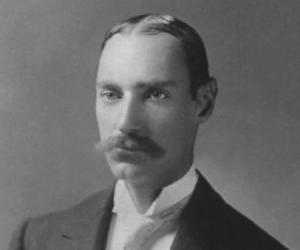Mexican painter, Frida Kahlo, was known for her many portraits and self-portraits. Her work is said to have been inspired by the nature, artifacts and popular culture of Mexico. Her work was not much known until the late 1970s, when it was rediscovered by art historians and political activists. By early 1990s, she became a recognized figure in art history.
Horatio Nelson was a British flag officer whose inspirational leadership brought about several British naval victories, especially during the Napoleonic Wars. Regarded as one of Britain's heroic figures, Horatio Nelson's legacy remains influential and several monuments, including the Nelson Monument and Nelson's Column, have been created in his memory.
Anglo-Irish Antarctic explorer Sir Ernest Shackleton is remembered for leading three British expeditions to the Antarctic. He was a key figure of the period known as the Heroic Age of Antarctic Exploration. An expert in navigation, he had also been a part of Captain Robert Falcon Scott's Discovery expedition. He was knighted by King Edward VII for his achievements.
Spanish explorer and conquistador Juan Ponce de León was the first governor of Puerto Rico but had to give away the governorship to Christopher Columbus's son, Diego. Juan led the first European expedition to Florida. He was knighted by King Ferdinand but died in an attempt to colonize coastal U.S.
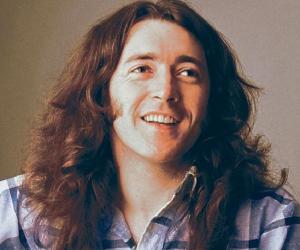
Known for his powerful blues rock performances, Irish guitarist Rory Gallagher was part of the band Taste. Though The Rolling Stones offered him an opportunity to replace guitarist Mick Taylor, he rejected it. A heavy drinker, he died of complications after a liver transplant surgery at age 47.
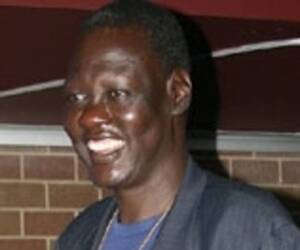
Known for his 7’ 7” frame, Manute Bol made headlines as one of the tallest NBA players ever. Born in Sudan, he was initially a soccer player but quit it because of his height. He later moved to the US to represent basketball teams such as the Golden State Warriors.
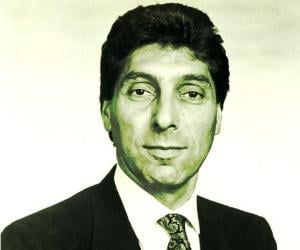
Francis Gary Powers was an American pilot. His Central Intelligence Agency (CIA) U-2 spy plane was shot down in what came to be known as the 1960 U-2 incident. He was performing photographic aerial reconnaissance deep inside Soviet territory when the incident occurred. He survived and later worked as a helicopter pilot for KNBC in Los Angeles.
Known as prisoner number 4859 at the Auschwitz concentration camp, Witold Pilecki voluntarily got himself arrested to be sent to the camp, so that he could start an anti-Nazi resistance movement. He set up the underground campaign ZOW and was eventually able to escape. Nevertheless, he was executed by communists.
Zelda Fitzgerald was a painter, socialite, and novelist. Along with her husband Scott Fitzgerald, Zelda became a prominent personality of the Jazz Age. Renowned for her high spirits and beauty, she was named the first American flapper by Scott. For her work as a novelist and painter, Fitzgerald was posthumously made an inductee to the Alabama Women's Hall of Fame.
Alexander I was the emperor of Russia and the eldest son of Paul I. While he was initially a friend of Napoleon Bonaparte, he later joined hands with his opponents to defeat him. He was also part of the Congress of Vienna and later contributed to the formation of the Holy Alliance.
Rapper and bass guitarist Adam Yauch, better known by his pseudonym, “MCA,” was a founding member of the hip-hop and rap rock Beastie Boys. He also owned a film distributing company and was a practicing Buddhist who supported the Tibetan independence movement. He died of parotid cancer.
Emperor Taishō was the 123rd Emperor of Japan. He was the son of Emperor Meiji and Yanagihara Naruko, a concubine. As the eldest living son of the emperor, he was formally named the crown prince in 1888. Upon the death of his father in 1912, he ascended the throne. A sickly man with disabilities, he died at 47.
Huey P. Newton was an African-American civil and political rights activist. He is credited with co-founding The Black Panther Party (BPP), which went on to become one of black movement's most influential organizations of the late-1960s. The party, under Newton's leadership, founded more than 60 community support programs, including Free Breakfast for Children, which provided food to thousands of children.
Almost 2 decades before germ theory was laid down, Ignaz Semmelweis became the first physician to suggest that hand-washing could prevent the spread of puerperal fever and related deaths. Ironically, after being ridiculed for his theory, he died in a mental asylum, due to an infection from a wound.
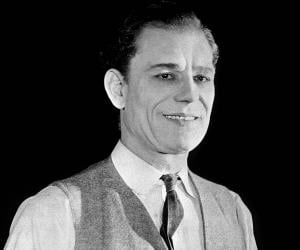
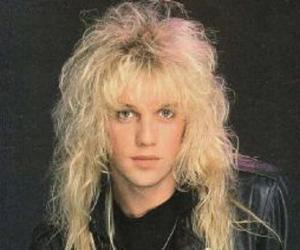
Jean-Jacques Dessalines was an important figure and leader of the Haitian Revolution. He went on to rule an independent Haiti, which became the first country to abolish slavery permanently. Considered one of Haiti's founding fathers, Dessalines reigned as the emperor of Haiti from 1804 until his murder in 1806. Today, he is regarded as an icon of Haitian nationalism.
Arguably the most controversial and mythologized Russian of the 20th century, Grigori Rasputin was a self-styled monk and mystic infamous for the spell he cast over the wife and child of the last Romanov emperor. The scandal and political intrigue he left in his wake led to his eventual assassination during WWI, and rang the death-knell for imperial Russia.
Humayun was the second emperor of the Mughal Empire, which ruled over South Asia for nearly two centuries. At the time of his demise, the empire spanned nearly one million square kilometers. The expansion of the empire under Humayun’s reign helped his son Akbar establish a substantial legacy of his own.
Fernando Pessoa was a Portuguese poet, writer, translator, and publisher. A prolific writer, he is considered one of the most significant literary figures of the 20th century. While he mostly wrote in the Portuguese language, he also wrote in English and French occasionally. Besides writing under his own name, he also wrote under approximately 75 other names.
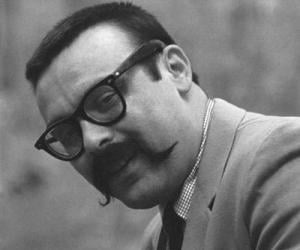
Klara Hitler was the mother of Adolf Hitler, the leader of Nazi Germany. Born into a modest family in Austria, she was a hardworking and energetic woman with a pleasant demeanor. She married Alois Hitler and had six children, of whom only two—Adolf and Paula—survived to adulthood. She died of breast cancer when she was 47.

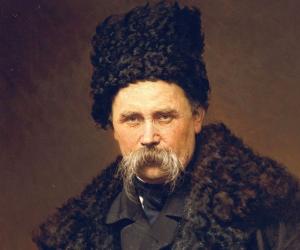
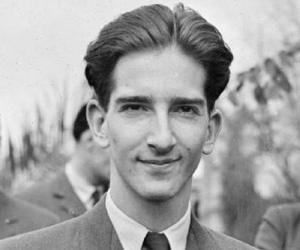
Peter II of Yugoslavia reigned as the last king of Yugoslavia from 9 October 1934 until his ousting from power on 29 November 1945. Considered the last reigning king of the Karađorđević dynasty, Peter II of Yugoslavia moved to the USA after his deposition where he suffered from alcoholism and depression.
Huldrych Zwingli was a Swiss pastor who played an important role in the Protestant Reformation in Switzerland. Also a well-known scholar and humanist, Zwingli was popular with the masses. Although he is remembered as a stern reformer, he had a great sense of humor; he often used puns, satiric fables, and spoofing in his writings.
Bindusara, son of Chandragupta Maurya, reigned as the second Mauryan emperor of India. He was the father of Ashoka the Great. Not much is known about his life. It is believed that much of the Deccan had been conquered by him, though there is no concrete proof of the same.
